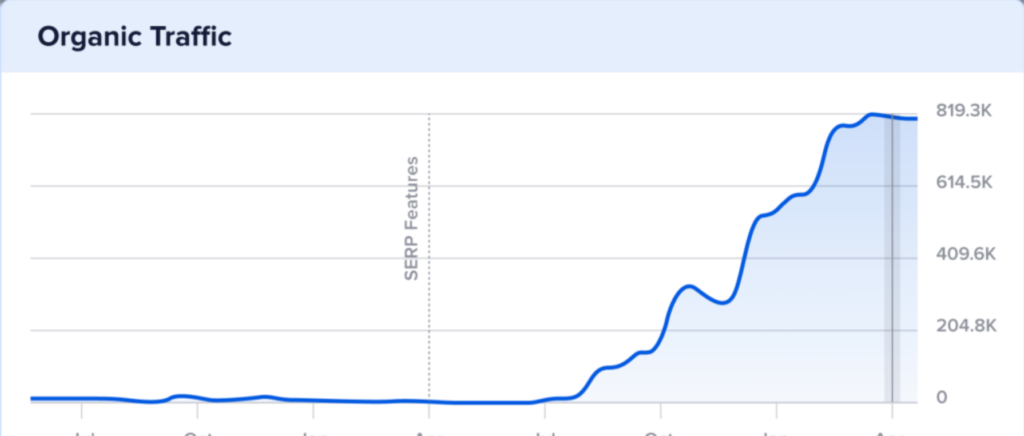The way people search online is changing—again. With the rise of voice search and AI assistants like Siri, Alexa, and Google Assistant, the world of SEO is entering a new era. As we move further into 2025, it’s no longer just about keywords and backlinks—it’s about conversations, context, and real-time relevance.
For marketers and business owners, adapting to this wave of innovation isn’t optional—it’s survival. In this post, we’ll dive deep into how voice search and AI are reshaping organic search and what your brand needs to do to stay ahead.
What Is Voice Search and Why Does It Matter?

Voice search allows users to speak their queries instead of typing them. Instead of “best digital marketing agency,” a voice search might sound like:
“Hey Google, what’s the best digital marketing agency near me?”
This difference is key.
Why Voice Search Is Exploding:
- Mobile usage: Over 65% of searches come from mobile devices.
- Smart speakers: Over 50% of U.S. households now own a smart speaker.
- AI assistants are smarter: Thanks to advancements in NLP (Natural Language Processing), AI understands natural speech better than ever.
Voice search is not only faster, but it’s also more conversational. This shift directly impacts how content should be written, optimized, and structured for modern SEO.
Enter the AI Assistant Era
AI assistants don’t just answer simple queries anymore—they’re becoming interactive decision-makers. They compare products, summarize reviews, and even book services on behalf of users.
Think:
- “Alexa, book a hair appointment near me.”
- “Siri, what’s the cheapest digital marketing agency with good reviews?”
AI assistants draw from multiple sources like websites, local directories, user reviews, and structured data to answer questions.
That means your content has to be optimized not only for search engines but for machines that interpret and summarize content.
Key Impacts on Organic Search
1. Conversational Keywords Replace Short-Tail Keywords
Instead of targeting “organic SEO,” brands now need to optimize for:
- “How can I improve my website ranking organically?”
- “What are the best free SEO tools for small businesses?”
Use long-tail, question-based, and natural phrases. Think like your audience speaks.
2. Featured Snippets & Zero-Click Searches
Voice assistants often pull answers from position zero—the featured snippet. Getting there means:
- Structuring content with clear headers
- Using bullet points, lists, and direct answers
Writing with FAQ-style sections
3. Local SEO Optimization Becomes Critical
Voice searches are often location-based:
- “Digital agency near me”
- “Where can I get SEO consulting in Brooklyn?”
Ensure:
- Your Google Business Profile is optimized
- NAP (Name, Address, Phone) is consistent across platforms
- You gather positive local reviews
4. Page Speed and Mobile Optimization
AI assistants favor websites that load quickly and look great on mobile.
Use tools like:
- Google PageSpeed Insights
- Mobile-Friendly Test
Core Web Vitals Reports
5. Structured Data and Schema Markup
Adding schema markup helps AI assistants understand your content more clearly.
Use types like:
- FAQPage
- Product
- LocalBusiness
- HowTo
Strategies to Future-Proof Your Organic SEO
✅ Focus on Natural Language Content
Write the way people talk. Use conversational tones in blog posts, FAQs, and product pages.
✅ Create FAQ Sections
Answer common questions your audience asks. This boosts your chances of appearing in voice results and featured snippets.
✅ Optimize for Local & Mobile
Voice queries are heavily localized and mobile-driven. Your site needs to be lightning-fast, responsive, and loaded with local intent.
✅ Embrace Multimedia Content
AI assistants are moving into visual and video search. Optimize your YouTube videos and add alt-text and transcripts to everything.
✅ Use AI Tools to Predict Intent
Leverage tools like Surfer SEO, Frase, or ChatGPT to analyze query intent and match content accordingly.
Real-World Example: From Zero to Voice Hero

One of our clients, a small skincare brand, wasn’t ranking on voice search at all. We:
- Created long-form blog content answering voice-based queries
- Added local schema and updated their Google Business Profile
- Optimized their site for mobile speed
Within 60 days, they appeared in voice responses for “What’s the best organic face wash for dry skin?” and saw a 45% lift in organic traffic.
Final Thoughts
Voice search and AI assistants are not fads—they’re the future. As search evolves into something more intelligent, human, and immediate, your content must follow suit.
The next wave of organic search isn’t just about being found—it’s about being the best answer.
Organic Nerve Marketing is at the forefront of this evolution, helping brands scale visibility through intelligent, conversational, and future-proof SEO strategies.
FAQs on Voice Search and Organic SEO
1. What is voice search optimization?
Voice search optimization is the process of improving your content and website structure so it ranks for voice-based queries made through smart devices.
2. How do AI assistants affect SEO?
AI assistants extract and summarize web content to deliver voice responses. Your content must be structured, clear, and optimized for featured snippets and schema.
3. Are voice searches longer than text searches?
Yes, voice searches are typically more conversational and longer. They often include complete questions and more context.
4. Do I need a separate SEO strategy for voice search?
Not separate, but adapted. Focus on natural language, local SEO, FAQs, and mobile-friendly content to align with voice search needs.
5. What tools can help with voice search SEO?
Tools like Google Search Console, SEMrush, AnswerThePublic, and schema generators can help optimize content for voice and conversational intent.





